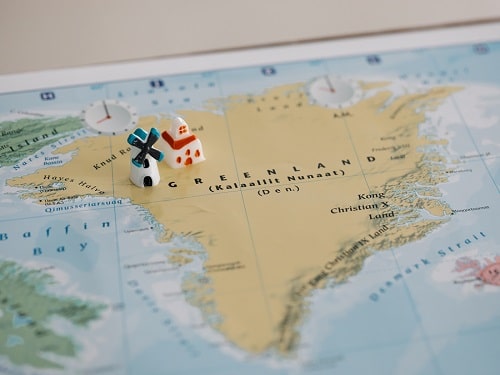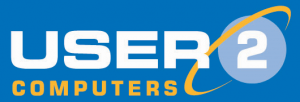Concordium Blockchain, COBRA, Aarhus University, the Alexandra Institute, and the IT University in Greenland have been given DKK 3.6 million (by DIREC) to research a blockchain-based online voting system for Greenland.
What Is Blockchain & Why Might It Be Good For A Voting System?
Blockchain is an incorruptible peer-to-peer network (a kind of ledger) that allows multiple parties to transfer information/value in a secure and transparent way. Blockchain’s co-founder Nic Carey described Blockchain as being like “a big spreadsheet in the cloud that anyone can use, but no one can erase or modify.” Blockchain is the technology upon which cryptocurrencies are built and is used to provide forgery-proof records of steps in supply chains and provenance.
It is the reliable, secure, and incorruptible qualities which may make blockchain suitable as the core technology of an online voting system.
How Would Blockchain Be Used In This System?
Bas Spitters, associate professor at Aarhus University and researcher at Concordium Blockchain Research Center Aarhus, has said that for Greenland’s voting system “Blockchains can be used as a private and secure bulletin board” to help check that votes have been registered correctly.
Investigating
The researchers working on the online Blockchain-based voting system particularly want to investigate whether it could be scaled-up for large elections, and whether the protocols used to verify the votes are secure and inaccessible to outsiders. Also, the researchers are investigating whether the system can be designed to give voters the opportunity to identify themselves at the same time that their private information is protected.
Why An Online System Anyway?
As highlighted by Concordium’s CTO, Kåre Kjelstrøm “In Greenland, where enormous distances make it difficult for people to cast their vote, an online solution could potentially increase voter participation.”
Carsten Schürmann, professor at the IT University and Principal Investigator on the project believes that Greenland is an ideal place for a trial of an online election system because of its “limited population and great distances”.
Challenges To Online Elections
Kåre Kjelstrøm believes that, up until now, online elections have not been possible in a number of countries due to “distrust and a lack of regulation of ready and secure solutions.”
What Does This Mean For Your Business?
The enormous distances which have historically reduced voter participation in Greenland’s elections prompted a law change there (2020) which has given the green light to exploring how an online voting system could work. Blockchain’s effectiveness at accurately recording steps in a supply chain and provenance plus the fact that it is incorruptible and secure have already proven very useful to many businesses in different sectors.
A voting system, where trust, security, and accuracy are required may, therefore, be something that could really benefit from the use of Blockchain technology. Wider participation could more accurately represent the views of Greenland using a system that can be trusted. If the research is successful, this kind of system could be rolled out to other countries with similar geographical challenges, but also could become the future way of voting in many countries, taking account of how many people in developed countries now do many things online, remotely, and for whom this type of system would be more convenient.
A reliable online system could also reduce the costs and complications of traditional, in-person voting, if the challenge of verification of identity could be tackled effectively.




